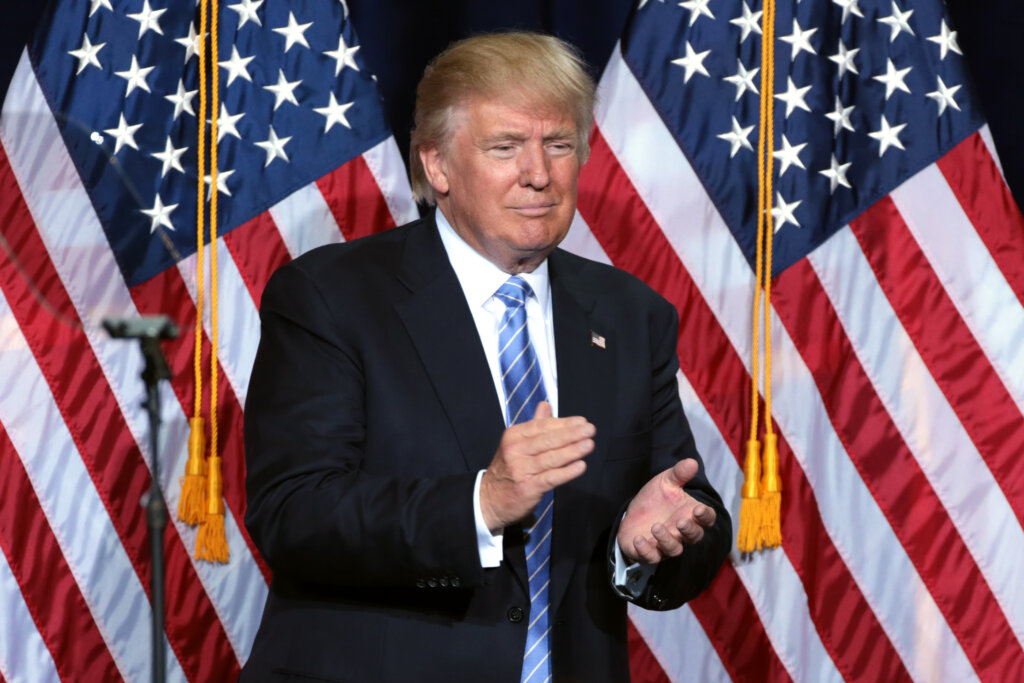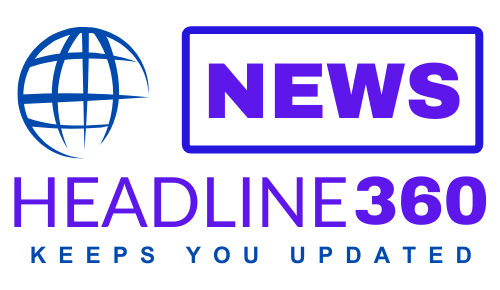
As Canadians Vote in High-Stakes Election, Donald Trump’s Call for Canada to Become the 51st U.S. State Sparks Backlash and Intensifies Sovereignty Debates.
Polls opened at 7:00 a.m. local time (7:30 p.m. IST) and will close at 9:30 p.m. (10:00 a.m. IST Tuesday), with early voting already surpassing 7 million ballots. In a post on Truth Social, U.S. President Donald Trump argued that annexing Canada would benefit the country through tax cuts, increased military protection, and economic growth. He also criticized U.S. subsidies to Canada, claiming, “America can no longer subsidize Canada with the hundreds of billions of dollars a year we’ve been spending.”
Trump’s remarks have faced strong backlash from Canadian leaders. Conservative leader Pierre Poilievre firmly stated, “Canada will never be the 51st state,” reinforcing the country’s sovereignty. Prime Minister Mark Carney, who took office in March, condemned Trump’s comments as a “dangerous distraction” aimed at undermining national sovereignty. Carney, a former central banker, has positioned himself as the leader capable of managing global economic challenges, particularly in response to Trump’s tariff threats and sovereignty rhetoric.
Key Contenders and Campaign Dynamics in Canada’s Tight Election Race
The race for Canada’s top office has become a closely contested battle between Liberal Prime Minister Mark Carney, who took office after Justin Trudeau’s resignation in March, and Conservative Party leader Pierre Poilievre, a populist figure. Carney, a former central banker, has campaigned on a platform focused on economic stability, positioning himself as the experienced leader needed to navigate global financial challenges, especially in light of renewed tariff threats and sovereignty concerns raised by former U.S. President Donald Trump. In contrast, Poilievre has concentrated on domestic issues like affordability, crime, and housing, gaining support from younger voters and those dissatisfied with nearly a decade of Liberal leadership.
Polling Insights and Election Night Expectations for Canada’s Federal Election
The latest three-day tracking poll, ending April 26, shows the Liberal Party leading with 43% support, followed closely by the Conservative Party at 38.9%. The New Democratic Party (NDP) is in third place with 10%. The Liberals have gained significant ground in Ontario, a key battleground province with 122 of the 343 parliamentary seats, registering a 6-point increase.
Regarding election night, Elections Canada has indicated that most ballots are expected to be counted by the evening. Votes will be manually tallied at each polling station and sent to district offices, where results will be uploaded to the official Elections Canada website and shared with media outlets. The first official results are anticipated to be released by 10:00 a.m. IST on April 29.
Canada at a Crossroads: Election as a Referendum on National Identity and U.S. Relations
This election is more than just about choosing a new government; it serves as a referendum on Canada’s role in the world, especially its relationship with the United States. From economic policies to national identity, voters are facing a critical decision that will shape the country’s future direction. Donald Trump’s comments have added another layer of complexity, with many Canadians seeing his remarks as an attack on their national identity and sovereignty. As polling continues, voters are not only determining domestic policies but also deciding how Canada will engage with the U.S. moving forward. The remarks sparked strong reactions from Canadian leaders. Prime Minister Mark Carney condemned them as “a dangerous distraction designed to erode national sovereignty,” while Conservative leader Pierre Poilievre rejected the idea, accusing the Liberals of weakening Canada’s global position to the point where “such nonsense is even being considered.” As polling continues, Canadians are casting their votes not just for political representatives, but for the very soul and sovereignty of their nation.
